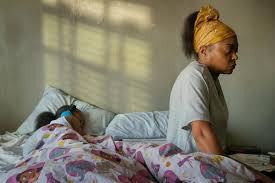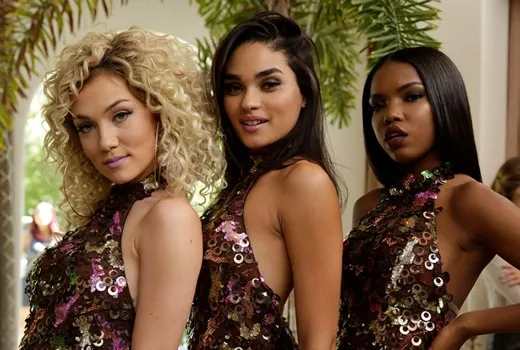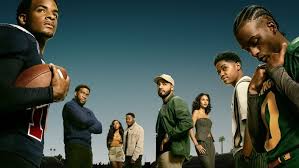Tyler Perry has done it again!
His newest release Straw has audiences in shambles following Janiyah’s story. Some people gave it straight 10’s across the board, labeling the film powerful or one of his best films. For me? I walked away feeling something I’ve felt too many times while watching his work. Numb.
I didn’t feel this because it wasn’t emotional, but because that emotion often comes at the expense of Black women’s pain and trauma.
WHEN TRAUMA BECOMES THE TEMPLATE
There is no denying Perry’s ability to move people. He knows how to tap into heartbreak, betrayal, survival, especially through the lens of Black women. Look at his infamous Diary of A Mad Black Woman, Madea’s Family Reunion, Why Did I Get Married, Good Deeds, the list goes on. However, after years of watching similar characters suffer in similar ways, I can’t help but to ask: At what point does storytelling become recycled?
Watching Straw, I found myself checking out during moments that were meant to hit hard. Not faulting the acting one bit, Taraji P. Henson and Teyana Taylor did their biggest ones in this film! They both did phenomenal jobs. But…I’ve seen this. The bruised, tired, broken, Black woman. It’s his typical trope and one I’m personally growing tired of.
Before the movie even got 30 minutes in, Janiyah was evicted, lost her child to the system, got fired from her job, got robbed, robbed someone else, got her car taken, murdered someone and more! Like let’s be real… There is not that much bad luck in the world for anyone. It was just too much.
Then again a part of me continues to give grace because I understand Perry is a self-made filmmaker. He does not have the formal training that many filmmakers in the industry received through film school, labs, internships, etc. Perry created his name on the trope of Black women’s trauma. It’s essentially all he knows, AND it keeps people coming back. So, if it aint broke don’t fix it, right?

BUT HERE’S THE COMPLICATED PART…
I completely understand that for a lot of people, STRAW hit home. It reflected real-life truths. It echoed their mothers, aunties, grandma’s, and sisters’ stories. And maybe that was the point Perry was trying to make when he said:
“People see truth in my films.”
We all come to stories with different lived experiences. What feels tired or overdone to one viewer might feel like validation to someone else. That’s the complicated beauty in Black storytelling and why it is worth talking about even when it misses for some of us.
I watched the movie with my mom, and she cried from beginning to end. As for me, I found myself rolling my eyes at every moment that was meant to hit. Yet, I think what’s important to look at is that Black filmmaking is not about perfection. Actually, Straw reinforced the notion that Black films don’t have to be flawless to matter. It is okay to explore trauma and retell the tragic stories behind the lives of many people in our communities. For instance, Ava Duvernay’s When They See Us or Ryan Coogler’s Fruitvale Station, both extremely sad films, but still impactful and informative.
Nonetheless, I also believe we’re at a moment where many Black women, especially younger ones, are craving more. More range. More joy. More character arcs that don’t begin and end with the struggle to merely live, specifically from Tyler Perry’s works. I’m not saying for him not to exhibit Black trauma, because it is inevitable. Unfortunately, it is what most of us relate to the most, and it is riddled all throughout many of the works by Black creatives. BUT, it would be nice to see him widen his range a little more. He delivers so much content, it would be nice to get a slight shift in trope.
MY TAKE ON THE MOVIE:
The narrative is captivating, pulling viewers in and holding them tight until the very end. While there has been some confusion about the finale of the movie, I enjoyed the plot twist that was thrown in. The beautiful and extremely gifted actors Taraji P. Henson and Teyana Taylor’s talents were the foundation to this film though. To be honest, had it not been for their acting skills the movie would not have hit as hard as it did. The movie was simply too dramatic and too sad.
I would give this movie an overall rating of: 6.5 or 7/ 10
Did STRAW move you? Were you exhausted by the trauma or did it mirror something real?



